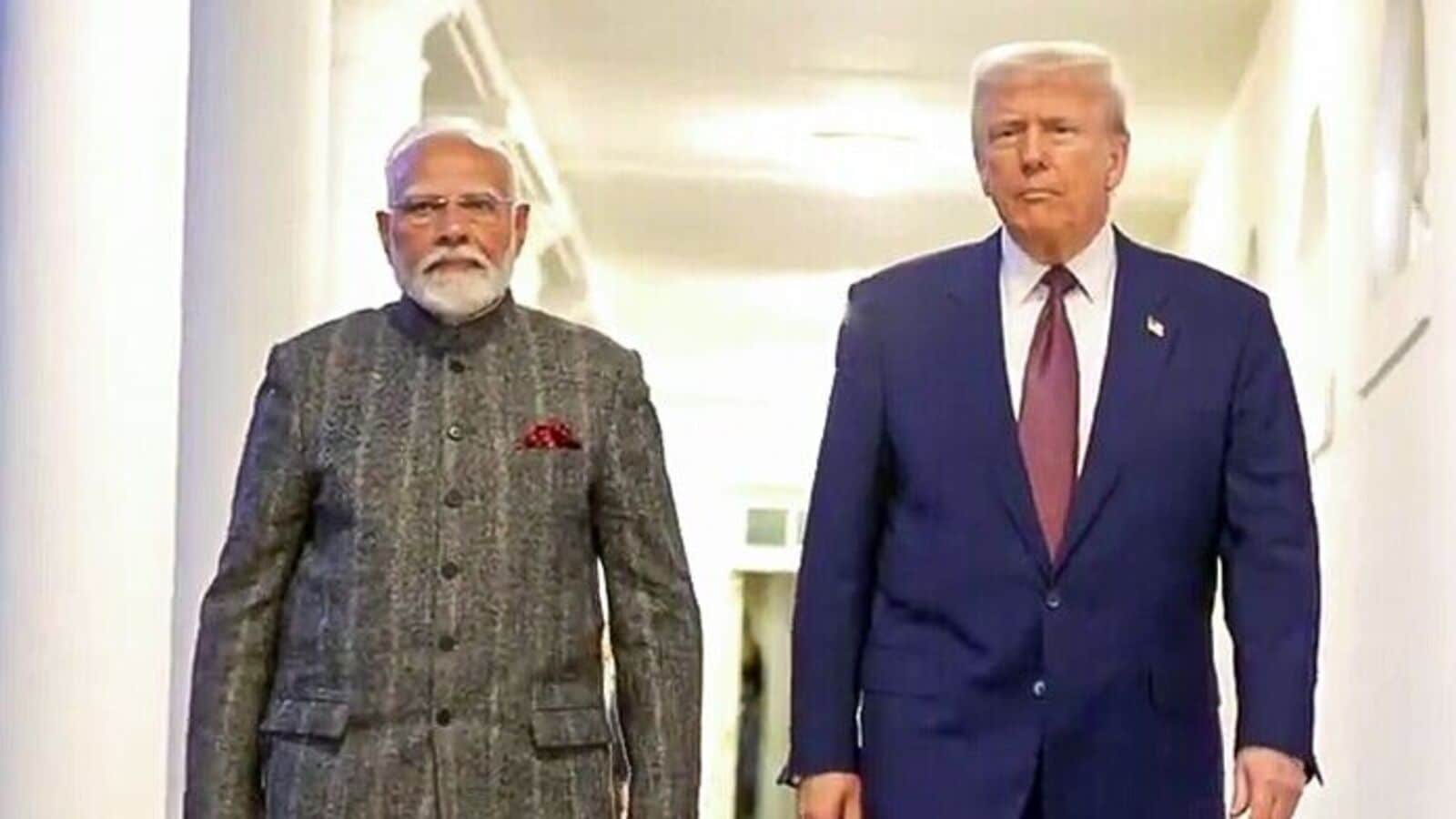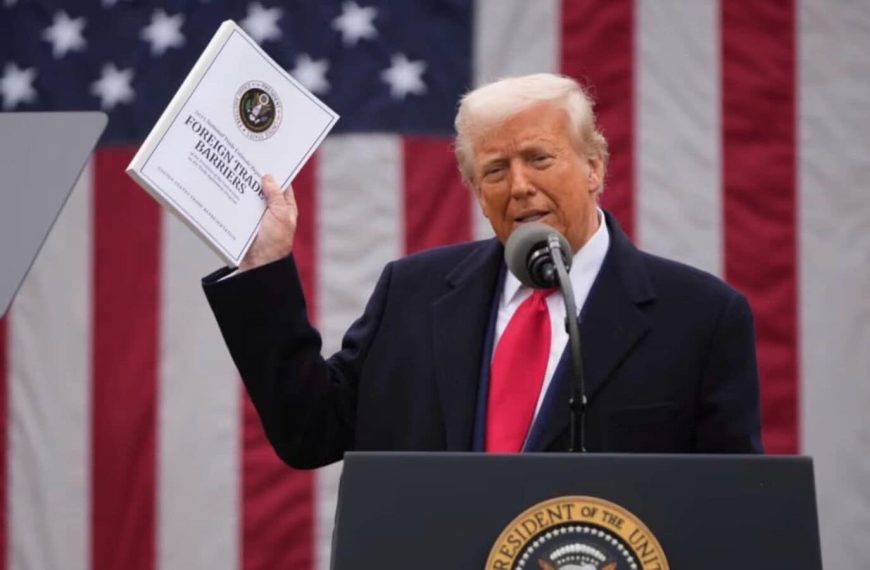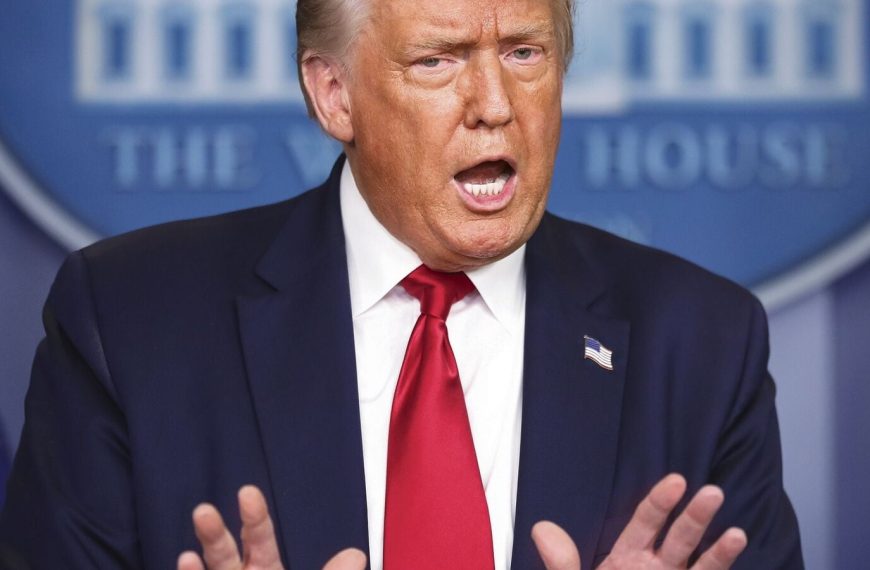India is taking significant strides toward reducing import duties on electric vehicles (EVs), a move that has raised eyebrows among domestic manufacturers. As the country gears up for a trade agreement with the United States, New Delhi has decided to proceed with tariff cuts despite appeals from local EV makers for a delay of up to four years. This decision signals India’s commitment to fostering a favorable environment for international trade.
India’s Tariff Reduction Strategy
Reports indicate that Indian officials are determined to lower EV tariffs, viewing this as a crucial step in the development of the electric vehicle sector. While domestic automakers have rallied behind the government, seeking to postpone any tariff reductions until 2029, the government remains resolute in advancing its plans. This approach is likely to bolster India’s image as a trading partner in the eyes of the U.S., particularly as it navigates the complexities of international trade relations.
Implications for Domestic Automakers
- Tata Motors and Mahindra & Mahindra, key players in India’s automotive landscape, have heavily invested in local EV production.
- They fear that the tariff cuts could undermine their competitive edge, especially as they have lobbied against the reduction of import duties.
- If the government moves forward with its plans, it might provide a significant advantage to international companies like Tesla, which is gearing up to launch operations in India.
The U.S. Connection and Global Trade Dynamics
The push for tariff reductions comes amid a broader strategy to strengthen ties with the U.S. President Donald Trump has frequently criticized India for its high tariff structures, referring to it as a "tariff king." His administration is expected to announce reciprocal tariffs, further complicating the trade landscape. A reduction in EV tariffs could be seen as an olive branch to the U.S., especially as Tesla prepares to establish a foothold in India, with showrooms set to open in Mumbai and New Delhi.
Expert Opinions on Future Prospects
A government official, speaking on the condition of anonymity, noted, "We have shielded the automotive sector for far too long. It’s time to open it up." This sentiment reflects a significant shift in policy, emphasizing the need for competitive practices in the rapidly evolving EV market. While the exact nature of the tariff cuts remains undisclosed, the official hinted at a "significant" reduction, suggesting a transformative change in India’s trade approach.
Conclusion: A Balancing Act
Ultimately, India’s decision to reduce import duties on electric vehicles is a complex balancing act between fostering international relations and supporting domestic industries. The outcomes of these negotiations will not only shape the future of the EV market in India but will also influence its broader economic interactions with key partners like the United States and the European Union. As the situation unfolds, it will be fascinating to see how domestic manufacturers adapt to this evolving landscape.











